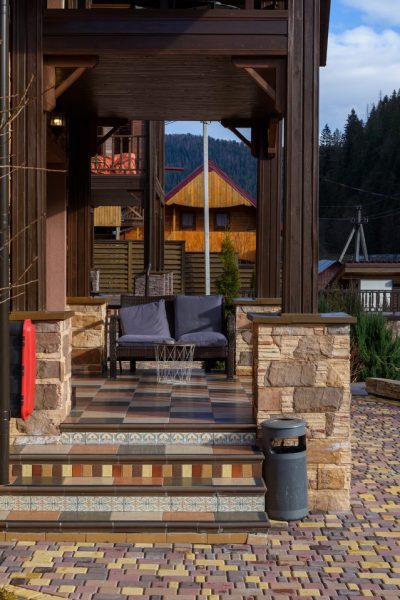
Given how often people move home and how many systems have been created to ease the process, it’s amazing how many ways people find to go wrong. If you want to avoid the most common mistakes, here is what you need to know.
People Always Rush
Start looking for your new home before it becomes urgent. Look at several different neighborhoods and make a detailed list of what you need from your new property. Give yourself as much time as possible to avoid being pushed into a home or a price that does not work.
People Don’t Know How Much To Spend
Sit down with your partner to create a budget. Go over each of your individual finances to understand how much you have available. Make a financial forecast for your joint earnings to know what your spending ceiling is. Remember that the job market is still unstable even if the economy is rebounding. Make a spreadsheet of all your outgoing expenses and look at what you can cut. Start saving as soon as possible and create a cushion for unexpected expenses.
People Choose The Wrong Mortgage
Research different loan providers to find the best interest rates and repayment costs. Look at the different types of loans available. Talk to your loan provider about different home loan options such as a home purchase loan, which can help if you are struggling to meet the traditional loan criteria. Consider taking out a floating payment mortgage if you are buying your first home. Use available benefits that help you secure more favorable terms, such as a VA home loan for veterans.
People Don’t Check For Problems Beforehand
Hire an independent contractor before you commit to anything. Look for classic problem areas such as boiler or heater issues, leakage or ventilation problems in the bathroom, dampness in the basement or lower floor, and leakage in the roof. Check the weather conditions that you should expect in the region and anticipate issues such as flooding, frost, or high winds. Identify potential issues such as planned works in the nearby area.
People Don’t Anticipate The Weather
Remember that extreme weather events are more common, such as the summer heatwave in Seattle. Check that the property has air conditioning. Find out if the property walls and attic are properly insulated. Check that the windows are double glazed. Ask if the piping has been insulated and if there have been any problems with broken pipes during the winter.

